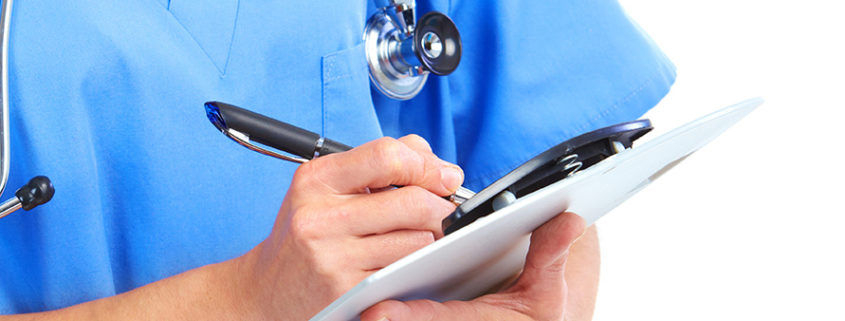5 THINGS TO KNOW ABOUT THE PAP TEST
“Good morning, Andrea. It’s Dr. Hill calling. I wanted to let you know that your Pap smear came back abnormal and I need you to come in for some special testing.” There is absolute silence on the other end of the line. “Andrea, are you there?”
I am happy to report that so many of my patients know that they need to see me for regular Pap smears. But most do not really understand what it is testing for, or what happens when the results are abnormal.
Here are the most important things you need to know about this test:
- The Pap smear detects precancerous and cancerous cells of the cervix. It does not evaluate the uterus or ovaries.
- The Pap test is done in your doctor’s office, takes less than one minute, and may be mildly uncomfortable.
- Precancerous cells of the cervix and cervical cancer are caused by Human Papilloma Virus (HPV). They are not hereditary or related to your overall health and diet.
- HPV is an extremely common sexually transmitted infection. Nearly 90% of women will be exposed to it during their lifetime. For this reason, most women are at risk for cervical cancer.
- The Pap smear can detect precancerous cells in their earliest, and most treatable, stages. The test has reduced the incidence of cervical cancer in the US by over 50% in the last 30 years.
If you get a phone call that your Pap is abnormal, do not panic. Further testing will be done in the doctor’s office to evaluate the precancerous cells. If your condition is mild, you will simply need to get more frequent Paps over the next few years as your body will get rid of these abnormal cells naturally. If your condition is more severe, your doctor will perform a procedure to get rid of the abnormal cells. In both situations, the precancerous cells are treatable.
Most cases of cervical cancer occur in women who have never had a Pap, who were not adequately treated for their abnormal Pap, or who haven’t had a Pap in the last five years. This test has changed the nature of this cancer more than any other preventive test in history. We hope every woman will take advantage of it.



Leave a Reply
Want to join the discussion?Feel free to contribute!